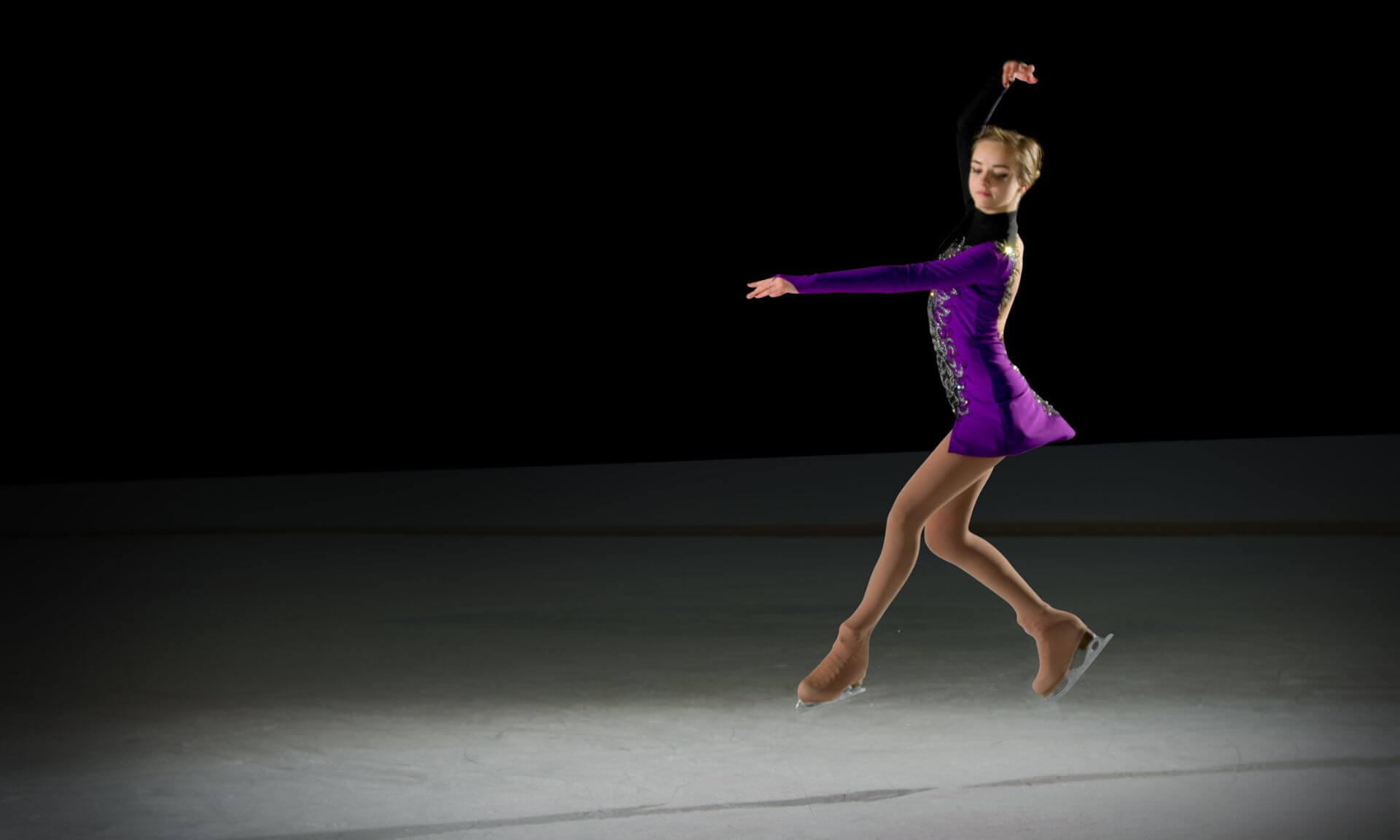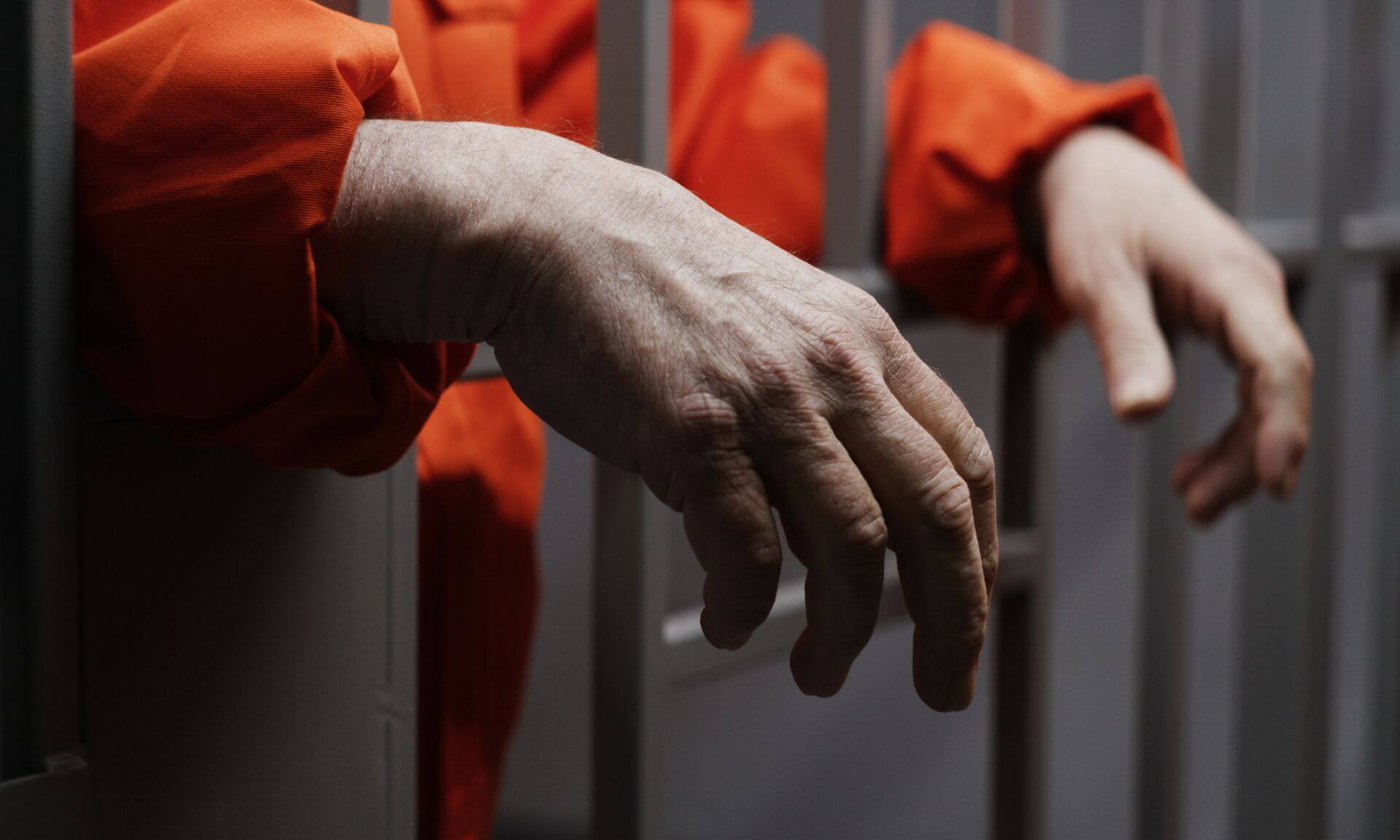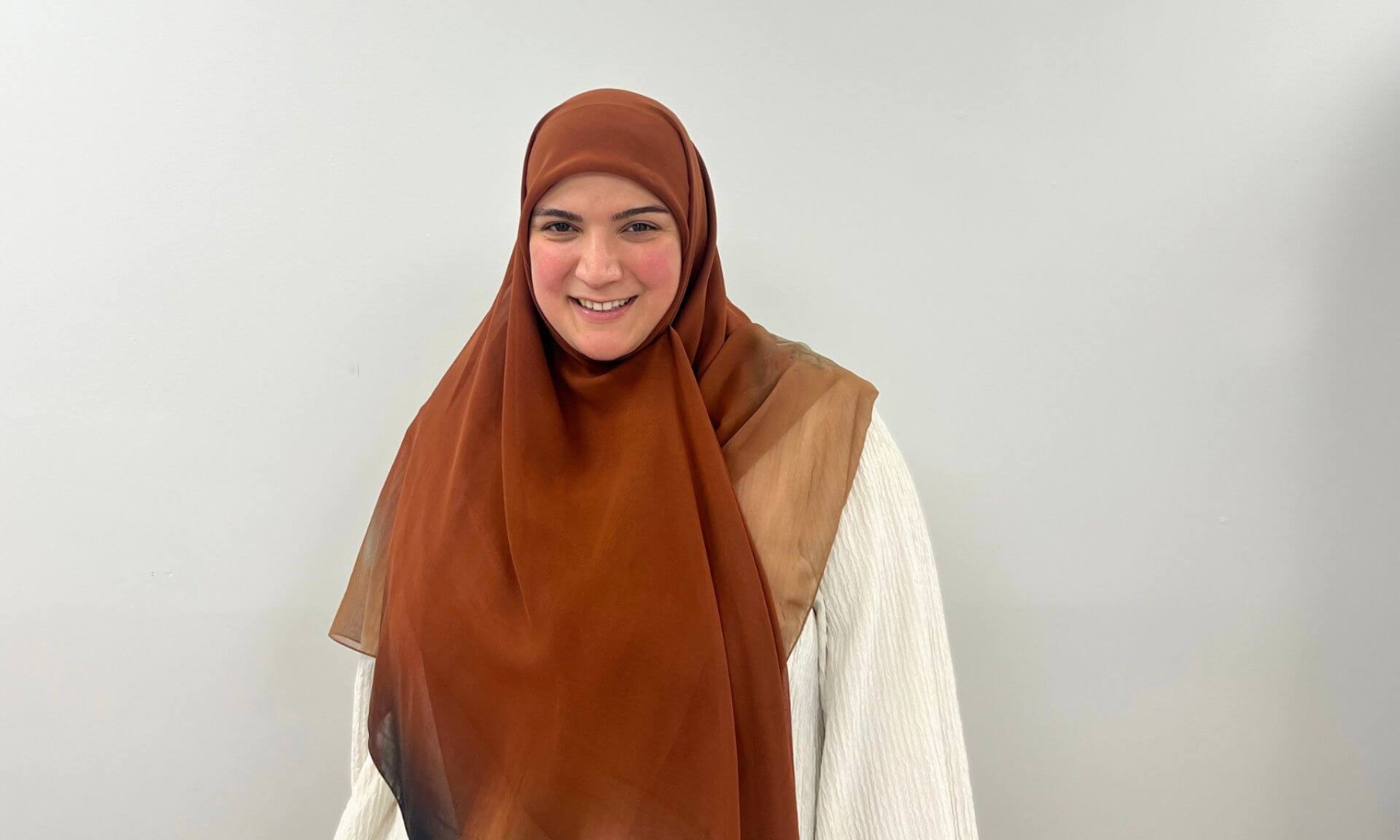Civilian warfare: a bioethicist's view from Ukraine
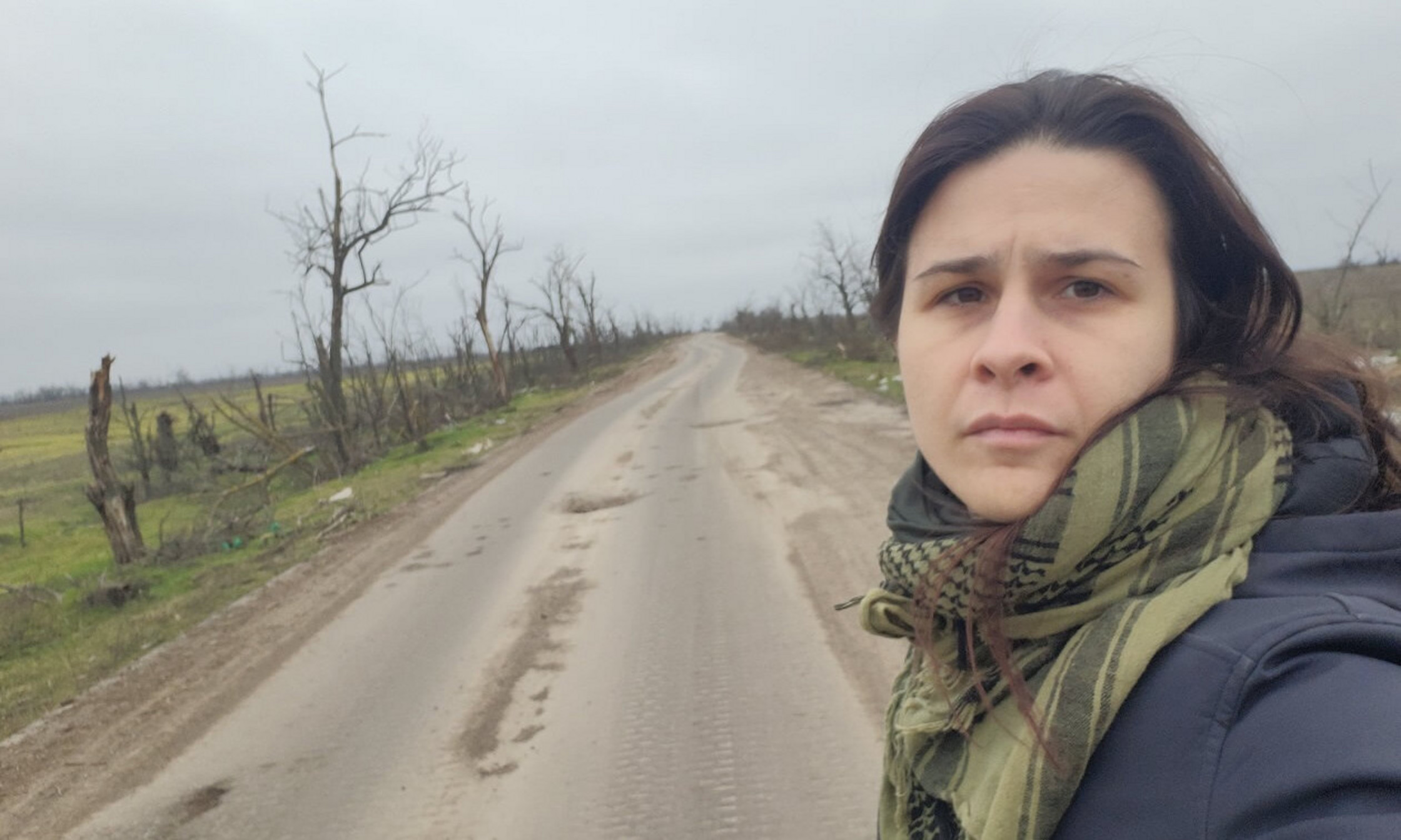
The battle lines in Ukraine aren’t only drawn on land, and soldiers aren’t the only ones fighting the enemy. Many Ukrainian civilians are also contributing to the war effort by using different technological and communications tools to counter Russian propaganda and cyberattacks.
This civilian resistance comes in the form of quasi-military actions without any official status, and those involved may not necessarily be aware of the ethical implications of their actions and the responsibilities that they entail.
A month ago, on Jan. 12, Gabrielle Joni Verreault left for Ukraine to document what motivates these civilian participants. The Université de Montréal graduate student hopes to conduct a pre-field ethnographic study for her doctorate in bioethics, under the supervision of professor Bryn Williams-Jones of the School of Public Health (ESPUM).
The working title of her study is Game of Drones and Lord of the Memes: Self-regulated ethics in the technowar fought by Ukrainian civilians against Russia.
Three visits to Ukraine

Verreault has a longstanding interest in Ukraine. In fact, her partner, bioethics student Valentin Kravtchenko, is originally from Ukraine.
The first time she visited the country was shortly after Russia invaded Ukraine in Feburary 2022. She went to assist two humanitarian organizations working in Poland: the Ukrainian National Federation Canada, which helps Ukrainian refugees with the Canadian immigration proces, and an NGO called Collaboration Santé Internationale that exports medicines from Quebec to Kyiv via Warsaw.
The many contacts Verreault met during this first trip inspired her to develop a research protocol to identify the motivations driving the people who have joined the Ukrainian civilian resistance. She then returned to Ukraine in November to start her pre-field study.
When she and Valentin arrived for her third visit in January, they brought 12 computers destined for students at Kherson’s National Technical University, who had to leave the besieged city to continue their studies in Khmelnytskyi, a safer city in the country’s north.
A PhD manifesto
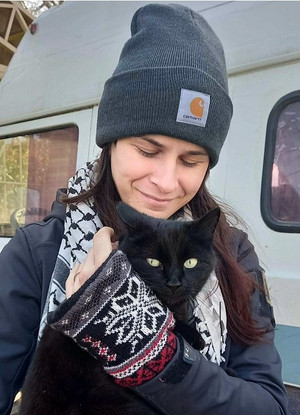
“Modern technology has democratized warfare,” said Verreault. “What we're seeing in Ukraine foreshadows what will happen in future armed conflicts: an increasing number of civilians will get involved in wars to support their country’s soldiers.”
She hopes her upcoming dissertation will eventually become a manifesto of sorts, “so that both civilians and soldiers can do things by the book and work together to meet a certain ethical standard.”
Three groups of resisters
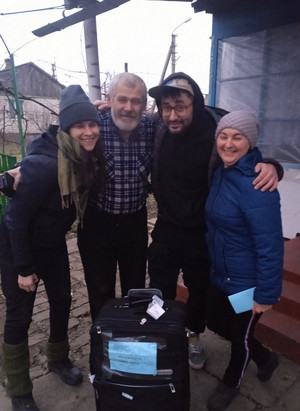
Through the various contacts Verreault made during these three trips, she's been able to collect testimonials from a number of people involved in the resistance, whom she divides into three groups.
“There are the people who modify commercial drones by using 3D printers to manufacture special parts; these drones are then used to deliver food and weapons to Ukrainian soldiers,” she said.
“Then there are members of an informal group known as NAFO (North Atlantic Fella Organization, a play on the official acronym NATO), who work from 26 different countries to create memes to combat Russian propaganda and disinformation.
"Lastly, there are the Ukrainian hackers who police the Internet to counter cyberattacks against Ukraine's public infrastructure.”
Verreault intends to return to Canada sometime this spring. Until then, she wants to spend her remaing weeks studying the motivations of foreigners who invest their own time and money to participate in the Russia-Ukraine conflict.
